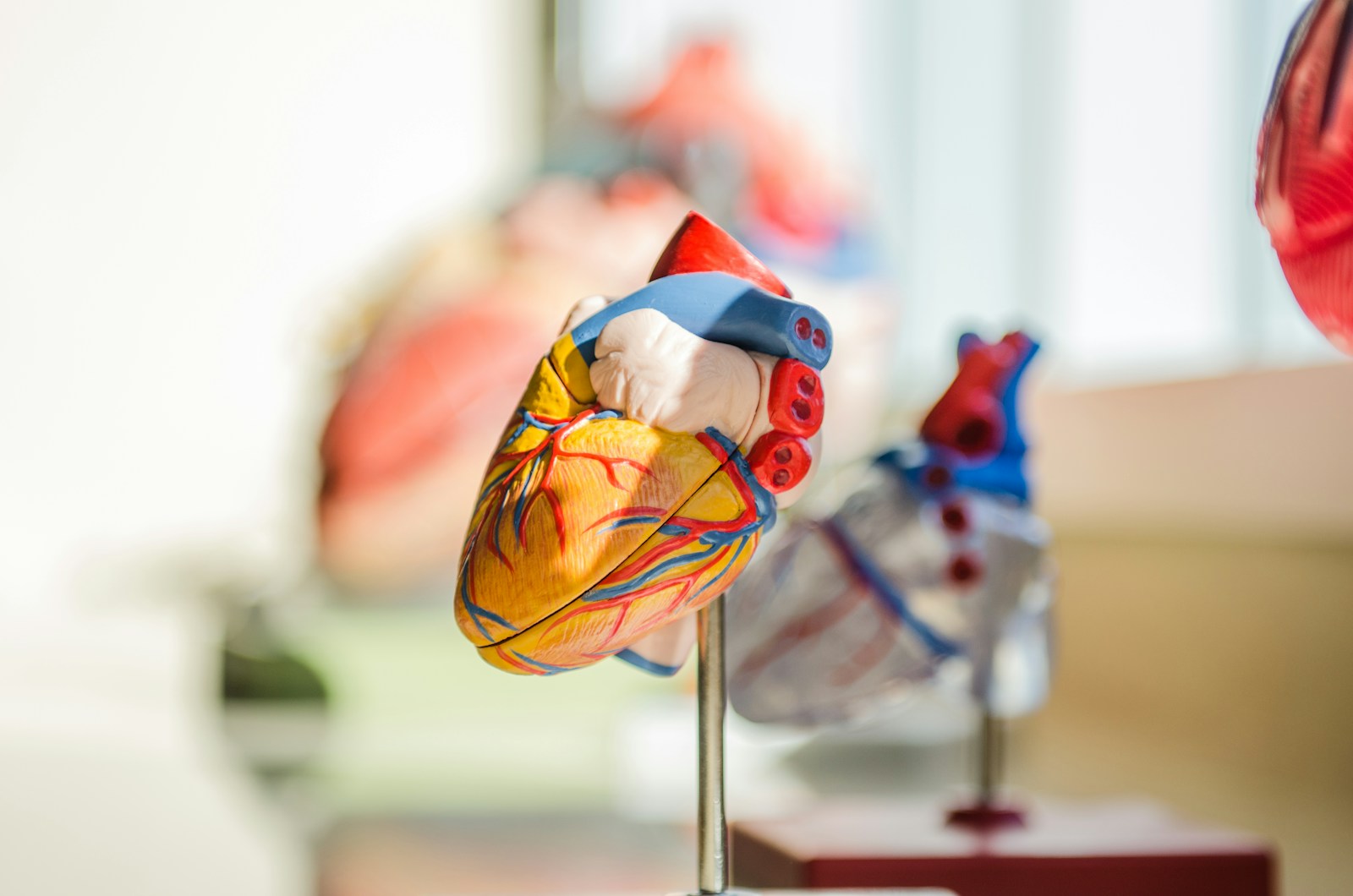Imperial College London, the University of Nottingham, and other institutions are undertaking a project to create a digital twin of patient hearts. Named CVD-Net, the project aims to create a digital replica of patients’ hearts to treat pulmonary arterial hypertension (PAH).
As with all digital twins, these simulated hearts will frequently be fed data from patient scans and records to ensure they are constantly updated.
The initiative comes as the UK National Health Service is trialing digital twins, the first project to be tested in the health service. Project leads Professor Steven Niederer and Professor Martin Wilkins are working alongside the universities to develop the digital twin.

The digital twin heart is a first-of-a-kind project that will track patient changes and their reaction to treatment over time. Although this study is a first for the NHS, across global healthcare, we are seeing vast adoption of digital twins in the sector. To track these changes, check out our intelligence platform for the latest data trends.
If you found this article to be informative, you can explore more current Digital Twin news here exclusives, interviews, and podcasts.













